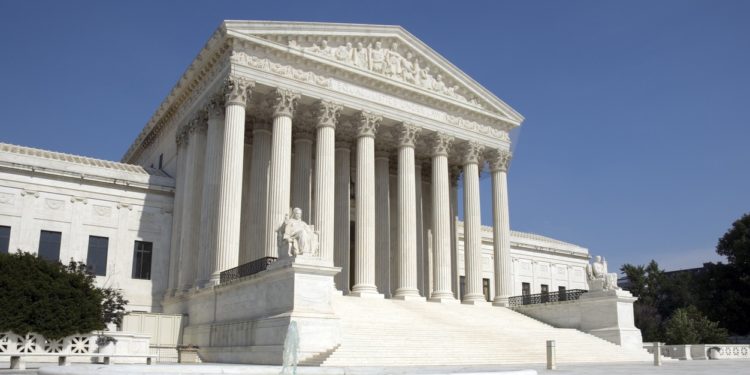On October 10, the U.S. Supreme Court heard oral arguments in Murray v. UBS Securities, LLC, a Sarbanes-Oxley Act (SOX) whistleblower case with widespread implications for the ability of whistleblowers to seek anti-retaliation protections under federal whistleblower laws.
The case was filed by an ex-employee against UBS Bank. Trevor Murray alleges that he was fired from his role as a bond strategist at UBS because he refused to publish misleading research reports and complained about being pressured to do so. SOX prohibits employers from retaliating against employees because the worker reported financial wrongdoing.
However, in 2022, 2nd U.S. Circuit Court of Appeals ruled against Murray, saying he did not prove that UBS intended to retaliate against him by firing him. In contrast, other federal appeals courts have ruled that whistleblowers only need to prove that their whistleblowing was a “contributing factor” to a decision to fire them.
During the oral arguments, the Supreme Court Justices pushed back against UBS’ arguments in support of the Second Circuit’s interpretation of SOX.
“The court appeared to be skeptical of UBS’ attempt to ignore the plain meaning of the statute,” says whistleblower attorney Stephen M. Kohn of Kohn, Kohn & Colapinto (KKC). Kohn and his partners at KKC were actively involved in the drafting of the whistleblower provisions found in SOX.
“What hangs in the balance of this case is whether the Sarbanes-Oxley Act can be used to effectively protect corporate whistleblowers, especially those who raise their concerns internally,” Kohn explains.
Prior to the oral arguments, whistleblower advocates and government officials filed a series of amicus briefs in support of Murray urging the Court to overturn the Second Circuit decision voiding a nearly $1 million retaliation award.
In an amicus brief filed on behalf of the National Whistleblower Center (NWC), the founding partners of Kohn, Kohn & Colapinto (KKC) give a detailed history of the drafting of SOX to demonstrate the Congressional intent behind a “contributing factor” standard of proof.
“In crafting the unique ‘contributing factor’ test for whistleblowers, Congress left an incredibly straight-forward legislative history documenting the value of whistleblowers’ contributions, the risks and retaliation whistleblowers faced, the barriers the previous burden of proof presented for whistleblowers, and Congress’ explicit intention to lower that burden of proof for whistleblowers,” the brief states.
“The United States Court of Appeals for the Second Circuit looked to the provision generally prohibiting retaliation against whistleblowers and took it upon themselves to raise the ‘contributing factor’ burden of proof to require a whistleblower to ‘prove that the employer took the adverse employment action against the whistleblower-employee with retaliatory intent,’” the brief continues. “This interpretation completely negates the purpose of Congress crafting the ‘contributing factor’ standard to lower the burden for whistleblowers and the plain meaning of the mandatory ‘contributing factor’ burden of proof.”
Further Reading:
Advocates, Government Officials File Supreme Court Briefs Supporting UBS Whistleblower




